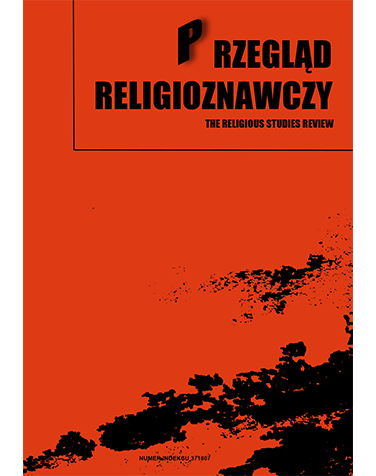Fenomen profetyzmu kultycznego w Psalmach
Słowa kluczowe:
cult prophet, cultic theophany, prophetic psalmsAbstrakt
Based on an analysis of the prophetic psalms, the author of the article comes to the conclusion that the existence of cult prophets in the temple before its destruction cannot be questioned, nor can they be radically juxtaposed with the activities of the classical prophets. Cult prophets preached the restoration of Israel through God's imminent judgment on sinful individ- uals and groups within the Covenant people. In accusatory speeches delivered in the temple on behalf of God, they called for conversion, promising salvation. They did not preach judgment in the form of an invasion by enemies leading to the captivity and death of the greater part of the people, as the classical prophets did. Cult prophets offered prayers for the king and the people, especially during crises and fasting days. The effect of these cultic services by the temple prophets are the psalms in which the prophet utters the supplications of the people before Yahweh (cf. Ps 74:1; 79:13). God, in turn, through him directs his word to the people in the form of an oracle (Ps 12:6; 81:7−17).
In many of their psalms, they alluded to the ancient traditions of theophany. The dramatization of the Sinaitic Theophany in the temple was an actualization of Yahweh's presence. This was the perfect introduction to the prophet's "speech of God" cult. This “speech of God” and the descriptions of theophanies gave their works a distinctly prophetic character (Ps 80:4, 8, 20). This is most clearly seen in Psalm 50, where the cult prophet, after invoking the theophany in Zion (vv. 1−6), focuses his attention on the guilt of the people − in terms of worship (vv. 7−13) and moral life (vv. 16−22). Yet, at the same time, it opens the perspective of singing a song of thanksgiving (vv. 14−15, 23a) and seeing God's salvation (vv. 23b).
Pobrania
Opublikowane
Numer
Dział
Licencja

Utwór dostępny jest na licencji Creative Commons Uznanie autorstwa – Na tych samych warunkach 4.0 Miedzynarodowe.







